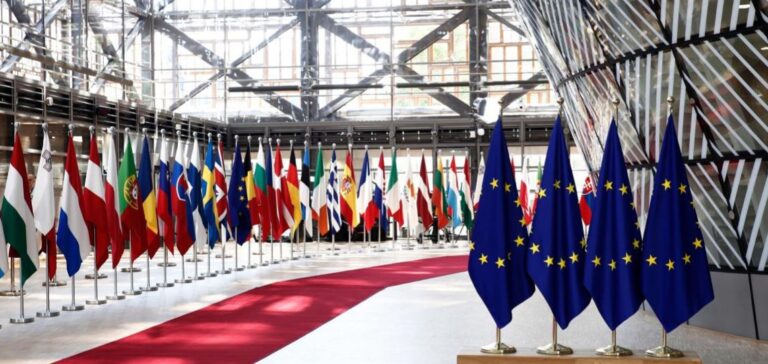The NZIA (Net-Zero Industry Act) aims to create a unified and predictable business environment for the cleantech sector. It sets a manufacturing capacity target for net-zero technologies to meet at least 40% of the EU’s annual needs by 2030. This regulation aims to increase the competitiveness and resilience of European industry, while supporting the creation of quality jobs and a skilled workforce. To achieve these objectives, NZIA simplifies and accelerates licensing procedures, reduces the administrative burden and facilitates access to markets. Public authorities will have to take sustainability, resilience and cybersecurity criteria into account in procurement procedures for clean technologies and auctions for renewable energy deployment.
Support for strategic projects and innovation
The NZIA enables member states to support a range of net-zero technologies, such as solar photovoltaics,wind power, heat pumps, nuclear technologies, hydrogen technologies, batteries and grid technologies. These strategic projects will benefit from priority status, shorter permitting times and simplified procedures. Energy-intensive industries such as steel, chemicals and cement, which produce components used in these net-zero technologies and invest in decarbonization, can also be supported by the Act’s measures.
Training and skills development
To meet the growing demand for skilled workers in the cleantech sector, NZIA plans to create Net-Zero Industry Academies, which will train 100,000 workers over three years and support mutual recognition of professional qualifications. Flexible regulation areas will also be set up to test innovative technologies under adaptable regulatory conditions. The creation of Net-Zero Acceleration Valleys will facilitate the establishment of clusters of net-zero industrial activities in the EU, strengthening local production capacities and supporting innovation.
European cooperation and coordination
The Net-Zero Europe Platform will serve as a central coordination hub, where the European Commission and EU countries can discuss and exchange information, while gathering input from stakeholders. This platform will play a crucial role in monitoring progress and adjusting strategies in line with emerging needs. In addition, the NZIA establishes a monitoring mechanism based on satellite data to provide information on the main sources of methane emissions, both inside and outside the EU. An early warning mechanism will be set up to detect super-emission events and alert the countries concerned so that they can take steps to stop or prevent them.
Statements and reactions from European leaders
European Commission President Ursula von der Leyen said:
“With the Net-Zero Industry Act, the EU now has a regulatory framework to rapidly accelerate the manufacture of clean technologies. Demand is growing in Europe and around the world, and we’re now equipped to meet more of that demand with a European offering.”
Margrethe Vestager, Executive Vice President for a Europe Fit for the Digital Age, added:
“With the final adoption of the Net-Zero Industry Act, we are further simplifying and accelerating permitting procedures and reducing administrative burdens. This will provide the EU with a solid framework to foster innovation and strengthen competitiveness in the transition to a sustainable economy.”
Impact and future prospects
The Net-Zero Industry Act represents a major step for the EU in its quest to achieve carbon neutrality by 2050. By supporting the domestic production of net-zero technologies, the EU reduces the risk of technological dependence on external players, helping to make the energy system cleaner and safer. By creating favorable conditions for innovation and competitiveness, this regulation strengthens the EU’s position as a world leader in clean technologies.






















